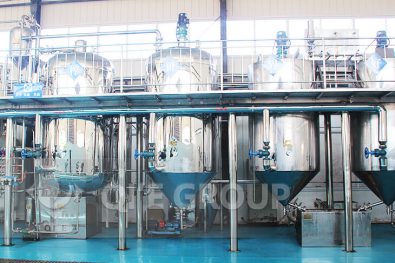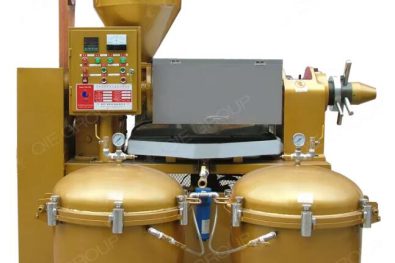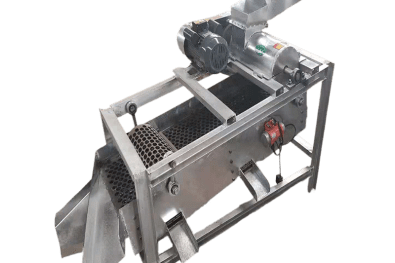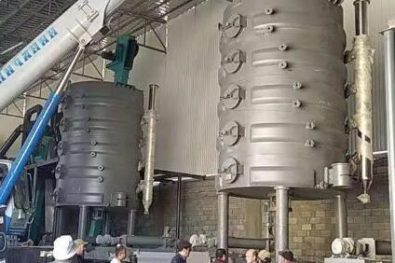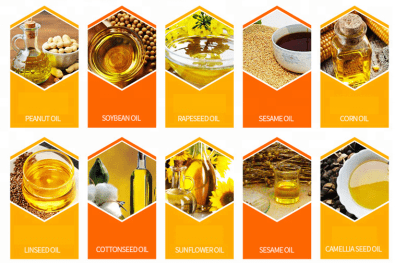Oil press is a versatile piece of equipment that is widely used in the commercial sector. Different brands and models of oil presses have unique features and functions. There are several key factors to consider when choosing an oil press, including functional requirements, material and durability, ease of operation, and price and cost-effectiveness. This article will provide you with a detailed introduction to these factors to help you choose the oil press that best suits your needs.

1. Functional requirements
Oil presses have a variety of functions, and you can choose an oil press with corresponding functions according to your personal needs. Here are some common functional requirements:
– Oil applicability: Some oil presses are suitable for a variety of oils, including peanuts, soybeans, sesame, etc., while some are only suitable for a specific oil. Therefore, when choosing an oil press, consider the type of oil you want to extract.
– Oil extraction efficiency: The oil extraction efficiency of the oil press also needs to be considered. Oil presses of different brands and models have different powers and oil extraction efficiencies. If you need to extract a large amount of oil, you can choose an oil press with a higher power to improve the oil extraction efficiency.
– Versatility: Some oil presses also have multiple functions. If you want the oil press to have multiple functions, you can choose an oil press with multiple functions.
2. Material and durability
The material and durability of the oil press are one of the important considerations when choosing an oil press. Good stainless steel material can ensure the durability and stability of the oil press. The surface of stainless steel is smooth and easy to clean, not easy to rust, and can also resist high temperature and corrosion, ensuring the service life of the oil press.
In addition, you can also choose an oil press with a drip-proof design to avoid oil droplets from contaminating the countertop during oil pressing and maintain a clean and tidy environment.
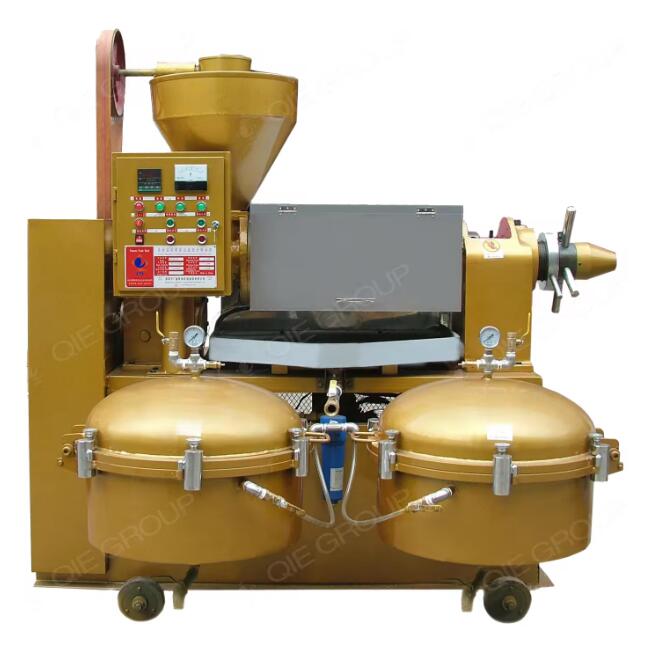
3. Ease of operation
When choosing an oil press, ease of operation is also one of the factors to consider. A good oil press should have a one-button operation function for user convenience. Some oil presses are also equipped with a touch screen or display to make the operation easier and more intuitive. In addition, you can also choose an oil press with an automatic cleaning function to reduce the workload of cleaning.
4. Price and cost performance
When buying an oil press, price and cost performance are factors that need to be considered comprehensively. It is not that the higher or lower the price, the better, but you need to choose an oil press that meets your budget and needs, and ensure that its performance and quality meet the requirements. You can compare the prices and performance of oil presses of multiple brands and models to choose an oil press with high cost performance.
To sum up, when choosing an oil press, you need to consider functional requirements, materials and durability, ease of operation, and price and cost performance. By comprehensively considering these factors, you can choose the oil press that best suits your needs.

